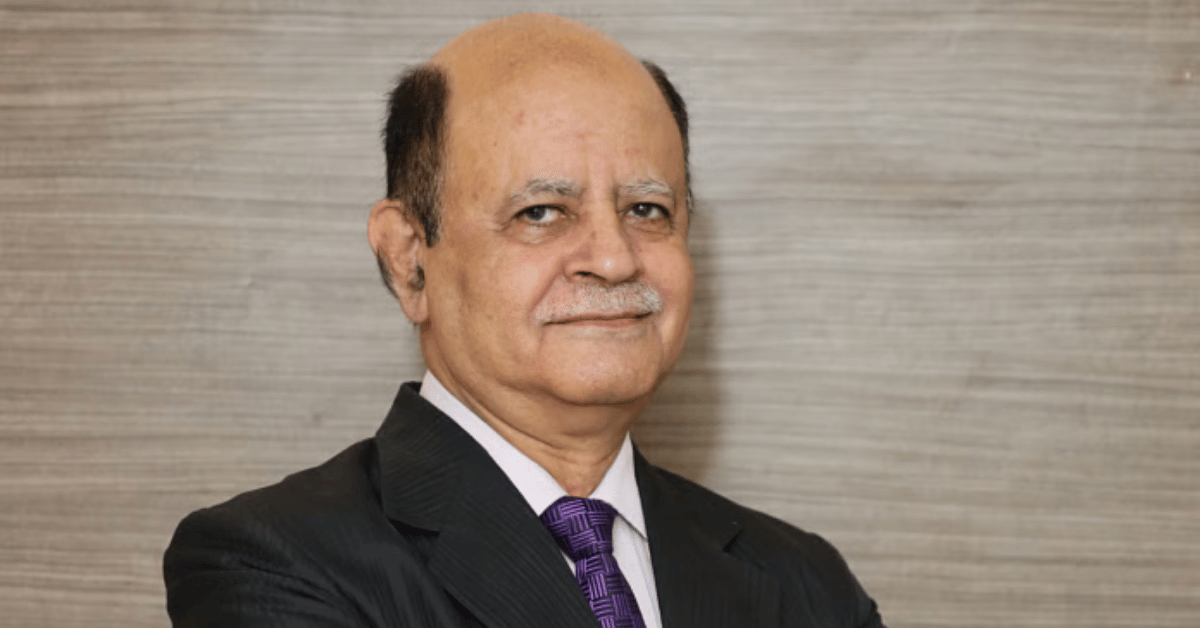Unregulated messaging apps are completely bypassing telcos’ infrastructure for lawful interception and monitoring and could be a “big security threat” to the nation, said COAI
COAI DG SP Kochhar said that messaging apps should comply with rules in the same manner as all telcos do, adding that various non-sectoral rules apply to telecom operators as well
This comes a week after digital advocacy bodies said that a single authorisation regime will impose entry costs and “stymie” the OTT economy
Industry body Cellular Operators Association of India (COAI) has urged the Centre to bring OTT communication apps under the Telecommunications Act, 2023, citing national security.
“COAI would like to state that the ‘security of the country’ is of utmost importance and in this regard, all communication service providers, including OTT-based communication services, should adhere to the requisite directives of the country as done by the telecom service providers,” COAI director general SP Kochhar said as per Economic Times.
Noting that telecom operators have “invested heavily” in setting up infrastructure for lawful interception and monitoring, Kochhar said that “unregulated” messaging apps are “completely” bypassing this apparatus, which could emerge as a “big security threat” to the nation.
Kochhar also reportedly said that messaging apps should comply with rules in the same manner as all telcos do, adding that various non-sectoral rules apply to telecom operators as well.
The COAI DG also claimed that the “exponential growth” and “unregulated proliferation” of communication apps is creating a “heady mix of security threats” and creating an uneven level playing field.
Training guns at platforms such as WhatsApp, Google RCS and Telegram, Kochhar lashed out at “arguments” that communication apps should not be covered under the ambit of Telecom Act, 2023 as they are already covered under various legislations.
“This argument is completely misleading as the requirement pertains purely to regulatory oversight of communication services expressly covered under the Telecom Act, 2023. It is important to highlight that TSPs, which are governed by the Telecom Act, are also regulated by all the above legislations as prescribed by Parliament,” Kochhar added.
The COAI director’s latest salvo came on the same day as reports surfaced that the Centre is scrutinising messaging platform Telegram over allegations of extortion and gambling. The government is also said to be mulling banning the app on the basis of the findings of an ongoing probe.
Kochhar’s comments come a week after industry bodies representing apps such as WhatsApp and Google RCS slammed telcos’ demands to bring OTT communication apps under a licensing or authorisation regime.
While Broadband India Forum (BIF) said that a single authorisation regime would be arbitrary and “greatly damage” the regulatory framework, Nasscom claimed that such a move will impose entry costs, increase the cost of service for end consumers and “stymie” the OTT economy.
The matter was thrusted into national attention after the Telecom Regulatory Authority of India (TRAI) floated a consultation paper seeking inputs on service authorisations under the newly passed Telecommunications Act.
In their comments, telcos Reliance Jio, Bharti Airtel, and Vodafone Idea (Vi) unanimously called on the telecom regulator to overhaul the existing telecom licensing regime and bring OTT communication apps under its ambit. Meanwhile, OTT platforms and digital advocacy groups opposed any such move.
Disclaimer
We strive to uphold the highest ethical standards in all of our reporting and coverage. We StartupNews.fyi want to be transparent with our readers about any potential conflicts of interest that may arise in our work. It’s possible that some of the investors we feature may have connections to other businesses, including competitors or companies we write about. However, we want to assure our readers that this will not have any impact on the integrity or impartiality of our reporting. We are committed to delivering accurate, unbiased news and information to our audience, and we will continue to uphold our ethics and principles in all of our work. Thank you for your trust and support.



![[CITYPNG.COM]White Google Play PlayStore Logo – 1500×1500](https://startupnews.fyi/wp-content/uploads/2025/08/CITYPNG.COMWhite-Google-Play-PlayStore-Logo-1500x1500-1-630x630.png)